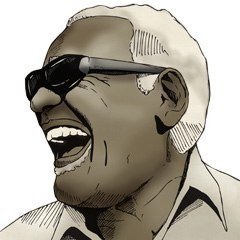A mentor, whether formal or informal, can help you succeed in life and in your career.
Music was Ray Charles’ single driving force. It catapulted a poor, black, blind, orphaned teenager to a national treasure and an international phenomenon. Through his efforts, rhythm and blues became universally respectable, jazz found a mainstream audience and country and western grew to worldwide popularity. Along the way, Ray Charles was also instrumental in the invention of rock and roll.
When Ray Charles sat down for an interview at Harvard University one day, he spoke about his mentor, Wiley Pittman. “He was a cat. I mean, if it hadn’t been for him, I don’t think I’d be a musician today. We lived next door to him. He had a little café, a general store and he had a piano in there. Every afternoon around 2 or 3 p.m., he’d start to practice. I was three years old – I don’t know why I loved him, I can’t explain that – but anytime he’d start to practicing and playing that Boogie-Woogie – I loved that sound – I would stop playing as a child. I didn’t care who was out there in the yard, my buddies, or whoever, I would leave them, and go inside and sit by him and listen to him play.”
“He knew how much I liked music, so he started to teach me how to play little melodies with one finger. And, of course, I realize today that he could’ve said, ‘Kid, get away from me, can’t you see I’m practicing?’ But he didn’t. He took the time. Somehow he knew in his heart, this kid loves music so much, I’m going to do whatever I can to help him learn how to play.”
The story of Wiley Pittman and Ray Charles is a great example of a strong mentor/mentee relationship. What separates a mentor from the average networking contact is a long-term commitment and a deep-seated investment.
Follow THIS LINK to download a free ebook with information about how to identify and work successfully with a mentor.
Keep up-to-date with Fast Track Tools by subscribing to this blog. It’s free! When you subscribe, you won’t miss any free offers.
